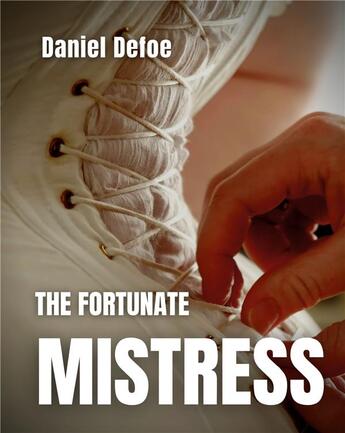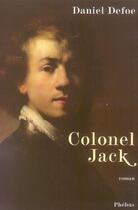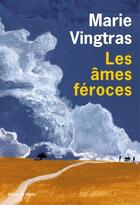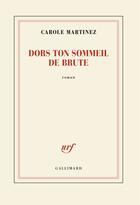Résumé:
Defoe's last and darkest novel, is the autobiography of a woman who has traded her virtue, at first for survival, and then for fame and fortune. Its narrator tells the story of her own 'wicked' life as the mistress of rich and powerful men. A resourceful adventuress, she is also an unforgiving... Voir plus
Defoe's last and darkest novel, is the autobiography of a woman who has traded her virtue, at first for survival, and then for fame and fortune. Its narrator tells the story of her own 'wicked' life as the mistress of rich and powerful men. A resourceful adventuress, she is also an unforgiving analyst of her own susceptibilities, who tells us of the price she pays for her successes. Endowed with many seductive skills, she is herself seduced: by money, by dreams of rank, and by the illusion that she can escape her own past. Unlike Defoe's other penitent anti-heroes, however, she fails to triumph over these weaknesses. Roxana's fame lies not only in the heroine's 'vast variety of fortunes', but in her attempts to understand the sometimes bitter lessons of her life as a 'Fortunate Mistress'.
1931. There is no obvious drama in this straightforward narrative. No one could pretend that Roxana reveals either charm or striking personality. The author's art comes from a particular form of realism, in which he stands almost alone. It is built upon absolute simplicity in style, elaborately precise statement of natural detail and a complete absence of emphasis or emotion. We do not judge Roxana for her conduct, but sympathize with her as a woman because Defoe has made her our friend. We believe in her as a real, living, intimate acquaintance who is interesting because her life is crowded with surprising events and fortune treats her with more than its usual caprice.
Donner votre avis















